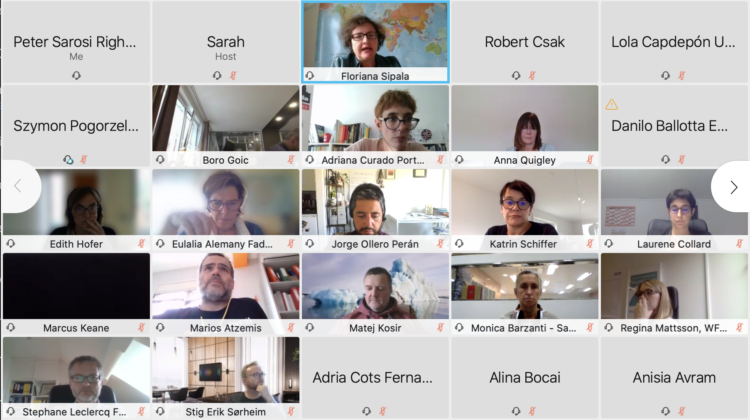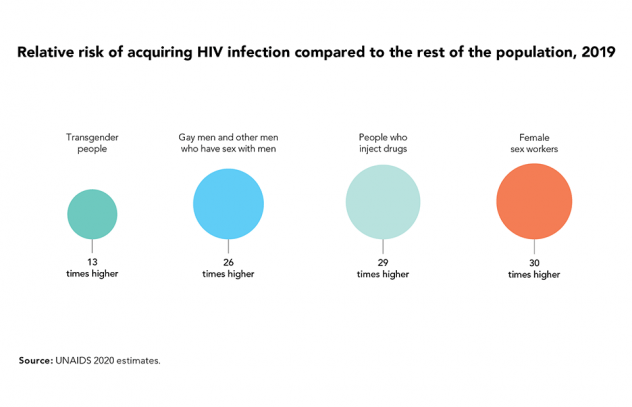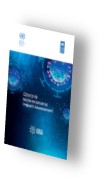The Regional Youth Cooperation Office (RYCO) opened its Fourth Open Call intended to support and empower partnerships between civil society organizations, secondary schools and other actors in implementing activities in the areas of regional youth cooperation, mobility and exchange; and enabling environment for regional youth cooperation. The general objective of this call for proposals is to support the civil society in the Western Balkans to foster reconciliation and regional youth cooperation during COVID-19 pandemic by providing young people with opportunities that create space for dialogue, mutual learning and increased understanding across communities and RYCO Contracting Parties, as well as contribute to increasing capacities of CSOs in offering meaningful opportunities to young people in a changed reality caused by the COVID-19 pandemic.
The Call was closed at midnight on 12 October 2020.
DPNSEE and its member organisations Aksion Plus (Albania), Margina (Bosnia Herzegovina), Juventas (Montenegro), Prevent and Re Generacija (Serbia) prepared the project proposal No Risk, no borders for young people. Our project will strive to contribute to the efforts of the reconciliation processes in the WB countries and stronger youth participation in CSOs by developing and supporting regional youth cooperation focused on youth at risk, as its desirable overall impact/change. The project is strongly focused on marginalized youth groups that are in our context defined as youth at risk consisting of young people who use drugs, sex workers, LGBTI population, youth in conflict with the law and others addressed as “youth with alternative lifestyles and identities”.
We are awaiting December 2020 and some good news from RYCO!







 The document we prepared with reports for 2019 is downloadable
The document we prepared with reports for 2019 is downloadable 



 Global Initiative Against Transnational Organized Crime
Global Initiative Against Transnational Organized Crime To read the report,
To read the report, 

 To read the report,
To read the report, 
 To read the report,
To read the report, 
 To read/download the review,
To read/download the review,